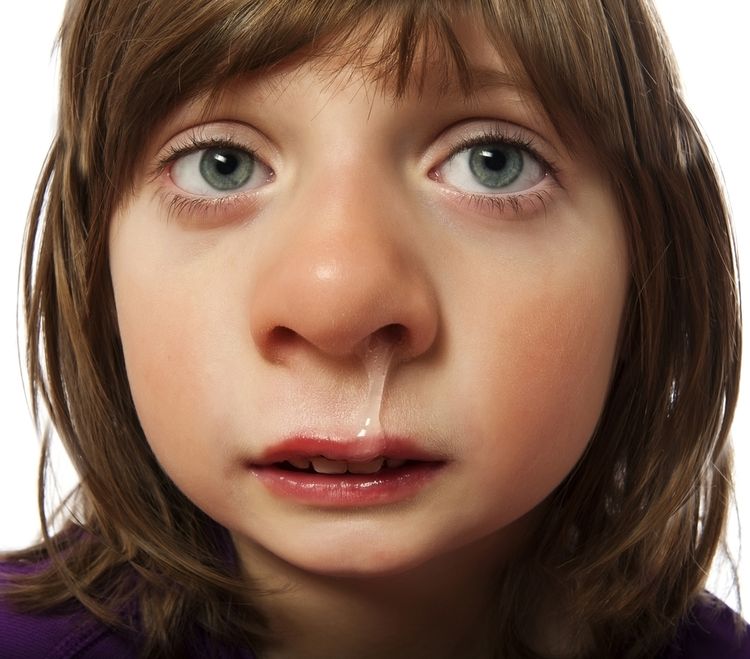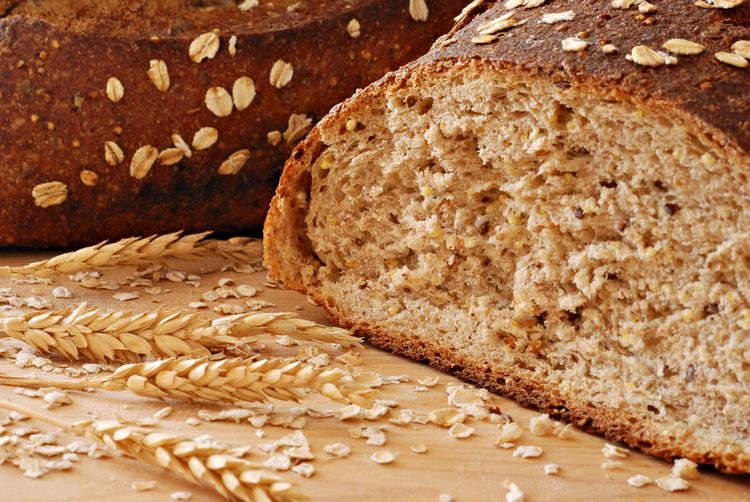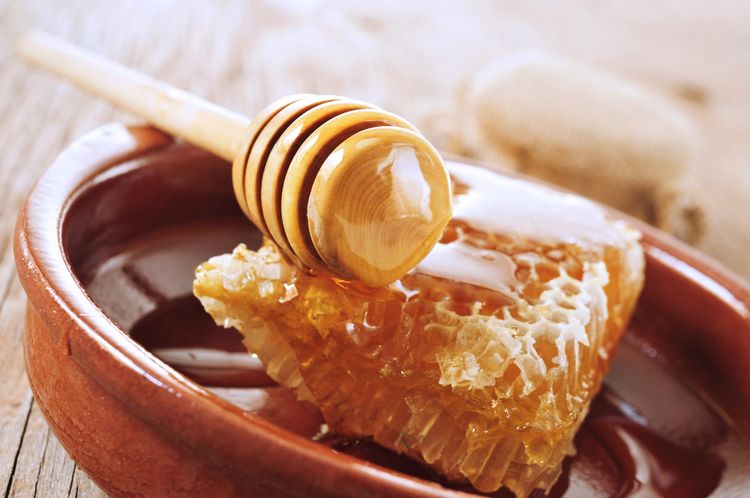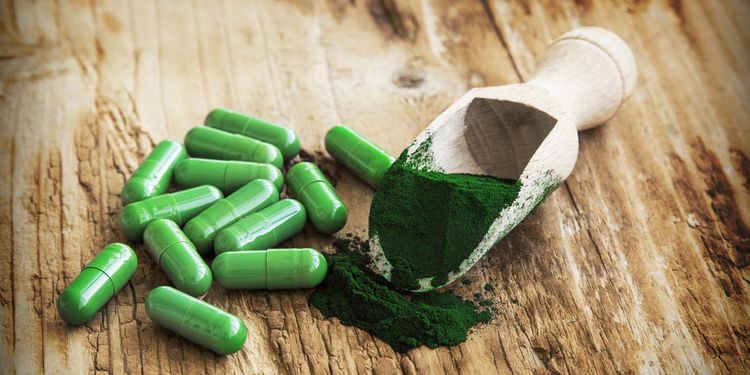Your Complete Guide To Beating Seasonal Allergies Naturally

Spring blooms bring beauty, but they can also signal an onslaught of allergen misery. If the mere thought of a breezy spring day makes you shudder, you’re not alone – seasonal allergies affect tens of millions of people each year.
While many are quick to grab lab-made medications, there are plenty of natural ways to rid yourself of watery eyes and an itchy nose. A little knowledge and some patience will go a long way toward remedying your symptoms naturally.
Common Symptoms
From congestion to sneezing to feeling like your face is about to melt off in a rush of tears and snot, unchecked allergy symptoms can wreak havoc on daily life. In a highly sanitized world with clear boundaries between indoors and outdoors, more and more people suffer from seasonal allergies every year.
While many of us live in a symptom-chasing, magic-pill culture, it might seem right to head to your doctor for a prescription allergy medication, but the best place to start is actually by taking stock of your body’s reactions.
If an allergen is airborne (such as mold or pollen), its symptoms will manifest in your nose, eyes, and lungs. Food allergens, however, manifest in areas such as the stomach, mouth, or skin.
Common symptoms aren’t limited to just sneezing, a runny nose, watery/itchy eyes, and congestion. They also can include the decreased ability to make decisions or concentrate, insomnia, exhaustion, mood swings, irritability, asthma, low blood pressure, skin irritation, and ear infections. If you’re ailing from any of these conditions, take comfort in the knowledge that listening to your body is the first step toward achieving relief.
Underlying Causes
Seasonal allergies can strike anyone, and their causes are varied. Some conditions (asthma, nasal polyps, or food allergies to name a few) weaken the immune system and keep your body from fighting allergies effectively. When your body isn’t firing on all cylinders, it releases histamines when encountering an allergen, and these cause the miserable symptoms of seasonal allergies.
Pregnancy and stress are two leading causes for allergy symptoms, particularly for those who are experiencing children for the first time. Children and the elderly can also suffer from lowered immune systems as their bodies are constantly adjusting to change.

Foods to Avoid During Allergy Season
Many foods can heighten issues associated with seasonal allergies. If you aren’t sure which foods may be worsening your allergies, focus your diet to pinpoint the culprit. A good starting place is to identify any existing food sensitivity.
Added sugars, dairy products, gluten or wheat, and processed foods can all spell allergen disaster. While the list of foods to avoid may seem daunting, the goal is to lighten the burden placed on your immune system so that it can better fight allergies. Here are some guidelines to consider:
- An overabundance of mucus production is best assuaged by avoiding caffeine, gluten, and sugar, as these all increase mucus production in the body. Dairy products such as milk, overly processed cheese, shrimp, and dried fruits can have the same effect.
- If you suffer from hay fever, the consumption of alcohol, peanuts, chocolate, citrus, preservatives, artificial sweeteners, and wheat often worsen symptoms.
- Ragweed symptoms can act up when paired with tropical produce such as bananas, melons, and cucumbers, as well as Echinacea, sunflower seeds, and chamomile.

Foods to Look For During Allergy Season
Thankfully, not all foods are dangerous in the allergy game. Some can really help your body combat seasonal allergies.
The number one food on your radar should be raw local honey. Honey from local honeycombs contain pollen and other allergens specific to your area. It seems counterintuitive at first, but the exposure to pollen via local honey works as a sweet, needle-free vaccine. Boost your immune system with two tablespoons a day to reap the benefits.
Spicy foods and bone broth both help drain your body of excess mucus. Broth also reduces inflammation, which soothes the respiratory system.
Remember how the main causes of allergens relate to a weakened immune system? Certain foods that are high in probiotic content, such as raw cheese, yogurt, and sauerkraut can help strengthen your immunity. Contrary to popular belief, raw dairy products can actually boost your immune system too. By avoiding the process of pasteurization, these products have essential enzymes still intact, which help boost your immune system.
Foods rich in vitamins B and C (pineapple, for instance) work as a sort of antihistamine to keep your body from reacting to allergens with severity. Apple cider vinegar and lemon juice aid lymph nodes in the draining process.
Hay fever symptoms subside after eating garlic, onions, horseradish, and ginger. Ginger earns extra points for keeping the body warm and eliminating toxins.

Supplements for Allergy Symptoms
For an extra immune-boosting kick, certain supplements can come in handy. When using supplements, pay close attention to the factors contributing to your allergies and remember to do a little research to be sure your supplements come from a healthful, reliable source.
- Spirulina and quercetin both work as a natural antihistamine.
- Zinc soothes chronic stress (boosting immunity) and heals the body from adrenal fatigue.
- Probiotics come in supplement form and work to improve gut health.
- Vitamin A fights inflammation and provides an immune-boost.
- Bromelain reduces inflammation.
- Stinging nettle combats inflammation and works as an antihistamine.
- Butterbur is effective in diminishing mucus production, asthma, and hay fever, however women who are pregnant or nursing should avoid it.

Allergy-Friendly Lifestyle Choices
If you’re losing patience and your allergies are on the verge of driving you mad, stay sane and start immediately with these fairly easy, everyday adjustments.
Staying hydrated is a good idea even without allergies, but if you’re fighting off a dire offensive of mucus, it’s doubly important to flush out your system. Check the pollen forecast, and on days with a high pollen count, opt for a workout at the gym rather than an outdoor run. Covering your face or sheltering it from wind can also help.
Cleanliness is close to godliness and worth even more if you suffer from allergies. Washing your bedding, showering before you go to sleep, regularly dusting, and wiping all your pets with a damp cloth as they come indoors, can help to reduce the pollen-flux in your home. Keeping open windows and doors to a minimum will also help. If your allergies are extreme, you might even consider tearing up carpet and laying down hardwood floors or other easy-to-clean surfaces.
When it comes to seasonal allergy treatment, you owe it to yourself to take a natural, safe approach to alleviating your symptoms. Avoid doctor’s office waiting rooms, drugs, and the side effects that come with them, by exploring one or a few of these natural remedies. These few pointers will lead you to a sneeze-free, clear-eyed life in which you can once again enjoy the great outdoors in all its glory.
